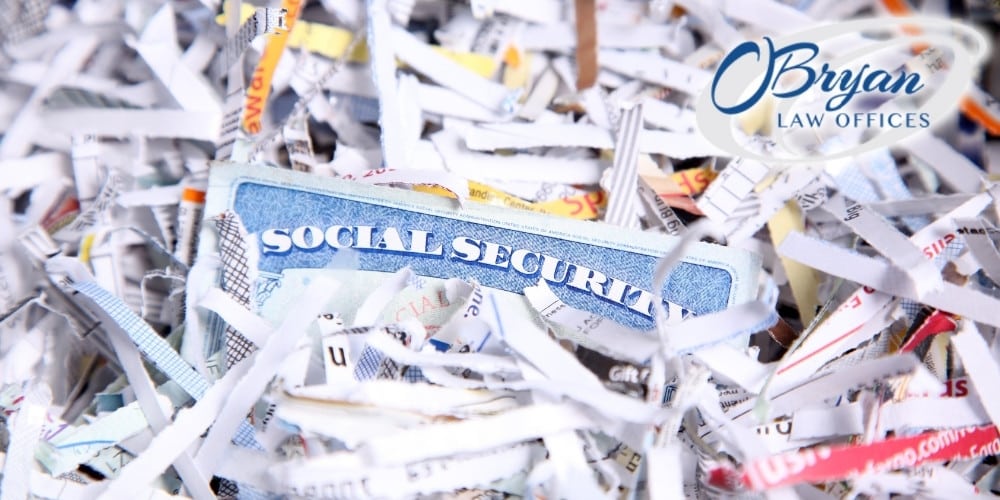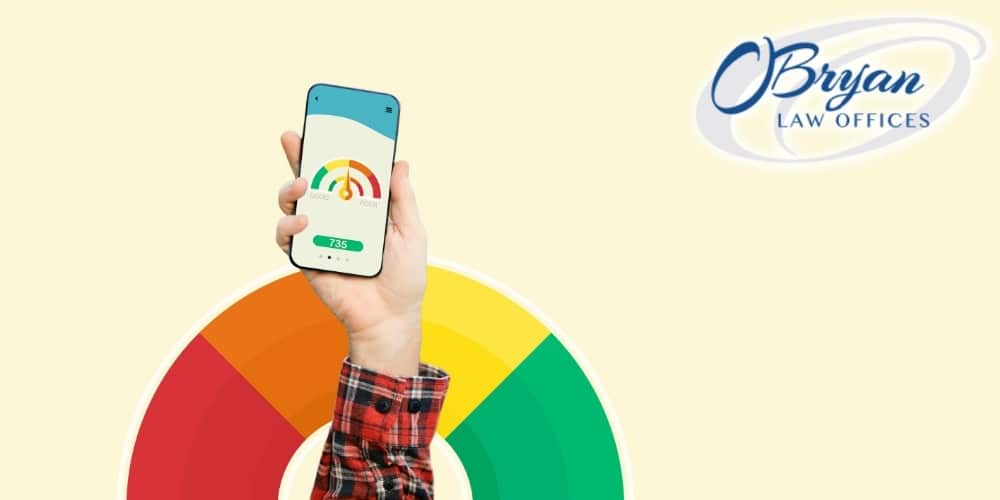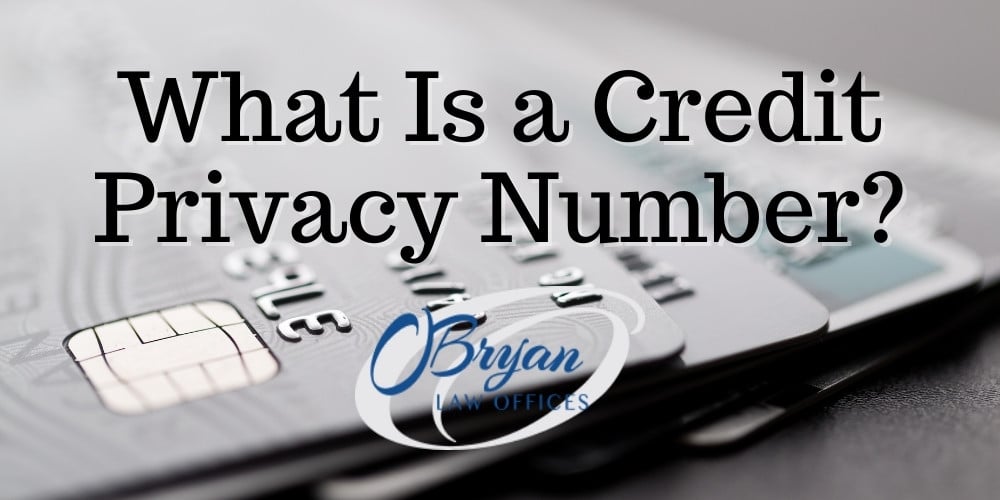Table of Contents
Many find discomfort in giving out their own social security number to financial institutions. Generally, this concern stems from fear of becoming the victim of identity theft and stolen social security numbers. The social security administration can sometimes even leave you more uneasy after asking for help with your credit profile. Many people have stumbled across the term CPN (Credit Privacy Number). But what is a CPN exactly?
CPN refers to an individual’s credit file and stands for their credit profile number, credit privacy number, or consumer protection number. Similar to one’s social security number, this nine-digit number is likely one reason credit repair scams are so successful in identity theft and committing fraud. Most begin their false pretenses to market credit privacy numbers as the replacement for one’s social security number.
In times like these, using a CPN number could seem like a fresh start. Especially when the companies claim to help your credit record, settle debts with credit card companies, and improve your bad credit score. You may even hear of individuals, celebs, and government officials who use a CPN instead of their own social security number. When more than one person leads you to believe that your financial trouble can all be resolved by using a credit profile number, it can sometimes be easier to overlook the warning signs. Without thinking, when a golden opportunity comes along like this, most individuals would jump on this type of advancement in a heartbeat, especially when a bad credit history or bank accounts have been handled poorly in the past.
How CPNs Are Different From Social Security Numbers
Have you ever heard your friends or parents refer to the phrase, if a deal sounds too good to be true, it likely isn’t legitimate? Well, when comparing the difference between how a credit profile number differs from social security number, in short, one is considered identity theft when used in the “place” of an individual’s social security number. A credit profile number will not work in place of your original social security number. Although both hold a nine-digit number, the two are completely different.
For starters, using a credit file number or credit privacy numbers to apply for personal loans or even a credit application is against the law. According to the three major credit bureaus, using a CPN in the “place” of a social security number is considered to be making false statements and committing fraud. You see, a new credit identity is not something that can just be created out of thin air, no matter how compelling the false statements are that lead you to believe a new credit identity is awaiting to wipe the slate clean.
Where Do CPN Numbers Come From?

According to the Social Security Administration and the three major credit bureaus, the government is the only legal way to obtain a social security number. A CPN number has no origin that can be traced, given its complexity in being created. For example, when identity thieves create a CPN, the stolen information is not usually taken from the same family. Using more than one person helps decrease the chances of being easily traced. Generally, a child’s SSN is stolen in combination with a different person’s mailing address.
Where a credit privacy number comes from or how to obtain a CPN is typically created by fake or fraudulent credit repair companies. While legitimate credit repair companies do exist, they, nor the government which issues real social security numbers, will never “sell” a CPN number.
Instead of pushing you to use a CPN, an alternative method for some businesses is to try selling you an employer identification number. This is a tricky way of persuading you to believe the federal law allows you to use an employer identification number as a credit privacy number on a personal loan, bank account, or other things like a car loan. However, this is a huge misconception.
Although the Internal Revenue Service does issue employer identification numbers, these numbers are held solemnly and exclusively for business use only. For example, a legal professional business can use an employer identification number for tax and loan applications, but an individual may not.
Are There Any Legitimate CPNs?
Credit privacy numbers do not legally exist. Therefore, there are no legitimate ways to use a CPN. Ads marketing a credit privacy number are likely from scammers eager to take your hard work’s savings for financial goals and leave you responsible for the crime.
Real credit repair companies exist that can help improve your credit legally. Generally, failure to make on-time payments can leave negative marks on your credit report. Additionally, information like the financial institution and date will remain visible for loan applications and lending companies to see for a certain period of time.
Can a Credit Protection Number Help Bad Credit Scores?
Unfortunately, a credit protection number cannot help a bad credit score. The puppeteers behind creating and distributing a credit protection number are truly con artists. Using false pretenses in combination with your personal information, like your available credit, is often the way to present compelling CPN scams.
For instance, false credit repair companies will take advantage of your poor credit score and leverage information like using a CPN will boost your credit reports. Some credit repair scammers will go as far as helping you complete your credit or loan applications with their “tri-merged” access to the social security administration.
Other examples of false statements from credit repair frauds promoting that a credit protection number can help bad credit scores involve selling an employee identification number. Although businesses have some access to using an employee identification number, credit repair companies will not. If paying close attention, sometimes, red flags are noticeable.
How to Avoid CPN Scams
The Louisville O’Bryan Law Offices have helpful tips and tricks to help you understand how to avoid CPN scams. Negative marks against your credit or credit card companies’ debt are driving you to consider working with a credit repair company. Continue reading to learn how to protect yourself from identity theft and fraudulent credit repair companies’ scams.
Signs of red flags in companies claiming to offer a credit repair include:
- Requests you to participate in making false statements- Using a CPN on a loan application is to commit fraud and use someone else’s stolen social security numbers as your own. Additionally, federal law prohibits using or falsifying information on a credit or loan application. Playing into credit repair scams could land you with a federal criminal charge.
- Payment upfront- Nine times out of ten, real credit repair companies will never ask for large amounts of money upfront. Additionally, any company unable to show a past payment history for your previous transactions also has zero business that you should entertain.
- Failure to explain rights- Credit repair companies that are legitimate will explain your rights at the beginning of the conversation. This explanation helps your credit identity security and the security of the company’s credit applications.
- Threatens with consequences- Scaring someone is a classic way to manipulate them. This type of jab at an individual could result in much more than lost money. When scammers feel they can manipulate you by scaring you, they are also likely to recruit your very own social security number for a separate credit attack.
To better understand ways to improve your credit, call (502) 400-4020 to speak with the Louisville attorneys at O’Bryan Law Offices to prevent using someone else’s stolen social security number. Our lawyers will not only help with credit resolutions but also shed light on understanding better ways to protect yourself from becoming the victim of a credit repair scam.
How to Rebuild Your Credit History Legally

Our Louisville family-based law firm can guide you through the steps to improve your credit score, keep your credit report safe, take security measures to prevent identity theft, and avoid committing a federal crime. The steps on how to rebuild your credit history legally involve making on-time payments, reducing credit utilization ratio, limiting credit applications, allowing your oldest accounts to remain open, removing any credit record errors on the available credit report, and finally, speaking with a professional legal attorney at O’Bryan Law Offices in Louisville, Kentucky.
Pay Bills On Time
An individual’s payment history is essential to one’s credit score. The process itself comes from showing goodwill by making on-time payments for the amount due for a financial product or service. However, failure to make payments on a timely basis could cause a serious impact that is likely to affect your overall credit score.
To prevent drastic changes within your credit report, try making the minimum payments each month on their due date. Also, if money is tight, see if you can request an extension or a payment plan. Either option is better than letting payments continue to go unpaid past the due date.
Reduce Credit Utilization Ratio
When trying to reduce your credit utilization ratio, the goal is to keep this number as small as possible. Reducing your credit utilization ratio means you can only use a small portion of your available credit. This is the second most important factor for the best outcome for your credit score.
Try to Limit Credit Applications
Another helpful way to rebuild your credit score legally involves limiting your credit applications. When applying for a credit application, personal loan, or car loan, the lender will request multiple credit bureaus for your credit file, thus, causing a hard inquiry to appear in your credit report.
Hard inquiries can lead to a decreased credit score. Although these inquiries reflect poor credit on your credit history, the credit scores should only remain affected for a few months. However, multiple hard inquiries suggest financial trouble and are likely to be viewed as a red flag when reviewing your credit application.
Keep Your Old Credit Accounts Open
Many individuals who are ready to close the chapter of their oldest credit accounts could have numerous reasons for wanting to do so. Whether finally paying off old debts or no longer wanting the burden of having the account, some may feel closing the accounts will benefit them more in the long run. However, the truth is, you are better off keeping your accounts open. Even if you do move on to bigger and better accounts, keeping the account for paying off utility bills or anything reoccurring will simultaneously help boost your credit score.
Remove Errors From Your Credit Report
Any error on your credit report is worth investigating sooner rather than later. When flaws appear on your credit report, this can leave serious negative marks on your credit. When you find an error on your credit report, try to contact the credit bureau and resolve the issue as quickly as possible.
Speak With an Experienced Bankruptcy Attorney

Understanding the difference between filing for Chapter 7 or Chapter 13 can be a complex issue. However, with the help of the O’Bryan Law Offices Louisville bankruptcy attorneys, together, we can help your family overcome poor credit scores, identity theft, and provide helpful tricks and tips to boost your credit legally.
Contact Our Experienced Louisville Bankruptcy Attorneys
The O’Bryan Law Offices have years of experience in helping families determine the best route for their unique situations. When filing for bankruptcy, having an experienced attorney could be the difference between climbing out of a hole or, unfortunately, staying stuck in one. Contact our experienced Louisville bankruptcy attorneys at (502) 400-4020 for the best investment money can buy in a bind.







